






ceramic glass / Crystallite glass is made of a special glass-ceramic, a material with fascinating properties. This glass-ceramic
has extraordinary thermal stability and resists thermal shocks of up to +700oC. It stands up to everyday wear and tear in the
kitchen. The 4mm thick cooktop panel transmits heat very efficiently, with virtually no heat loss.
Glass ceramic is resisting to heat and cold, even to extreme temperature changes. This extraordinary property enables a variety of
applications: cooking on glass ceramic appliances day after day , and protecting your fire places or stoves, still enjoying flames
view.
Among the heat resistant glasses, glass ceramic is really special. Its key property, is low thermal expansion, lower than
borosilicate glasses or standard glasses. It means that, unlike most materials, the crystallite glass ceramic will not expand nor
contract with heat. It barely changes its dimensions. This is the reason behind efficient and long time resistant cooktops.it's
colour have:black,white and clear.
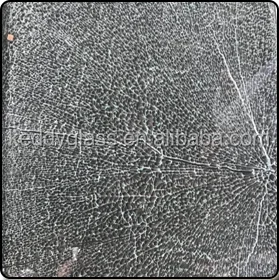
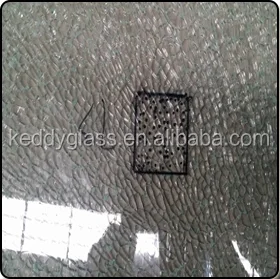
Thickness | 4mm 5mm 6mm | ||||||||
Size | customer's request | ||||||||
Shape | Flat, Curve, etc. | ||||||||
Function | Vision panels for room heaters, glass heaters, glass heating tabletops, heat preservation board/panels; Cover panels for heating radiators, drying stand, towel heaters; Cover panels for reflectors and high performance floodlights; Cover panels in IR drying appliances; Cover panels for beamers; UV blocking shields; Cover panels for kebab grill radiators, electric heating fish bowl | ||||||||
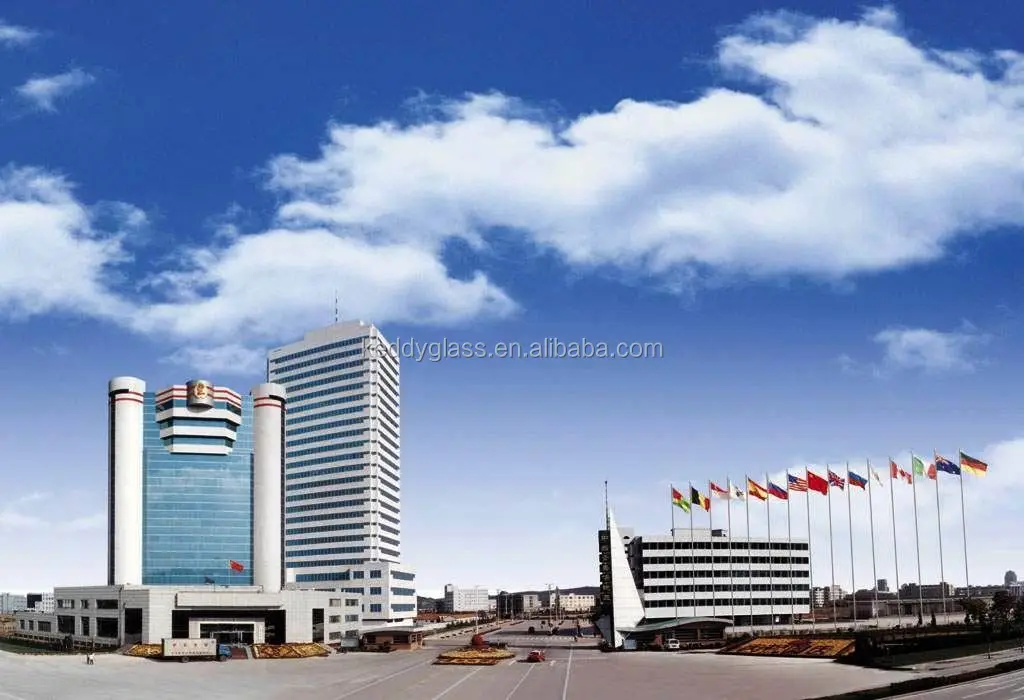
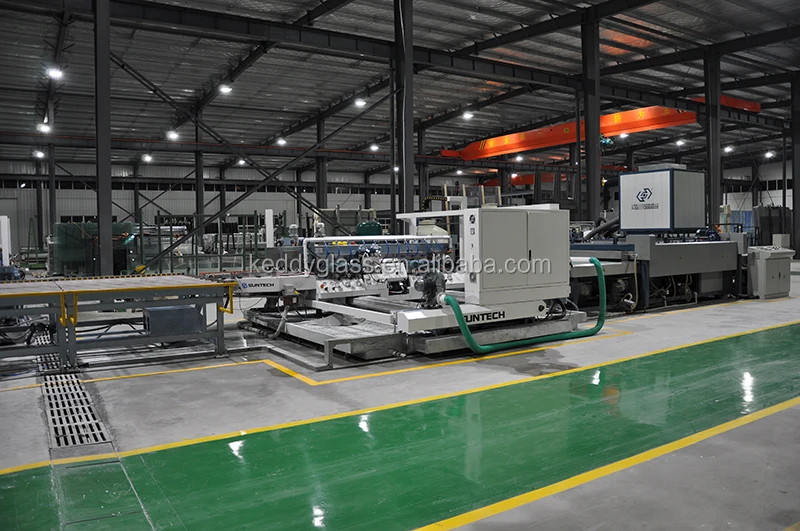
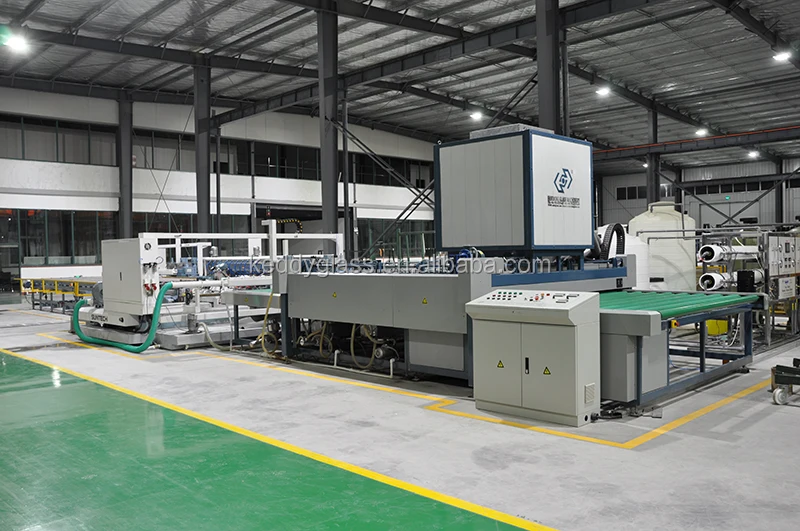
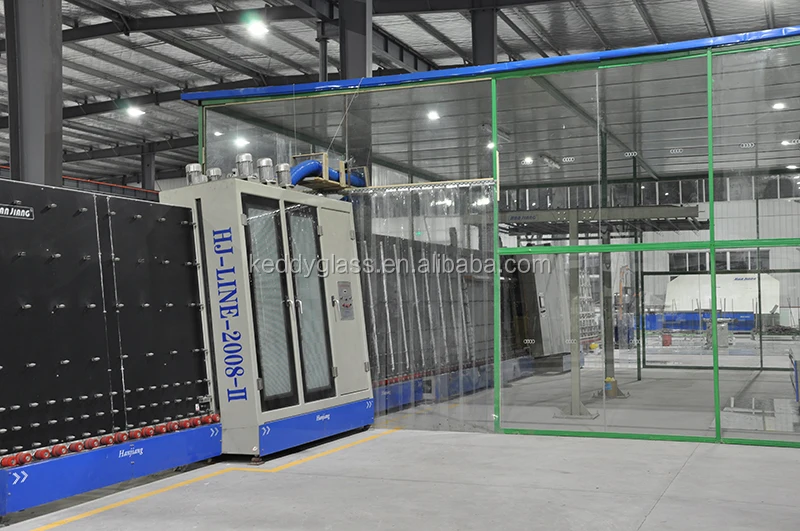

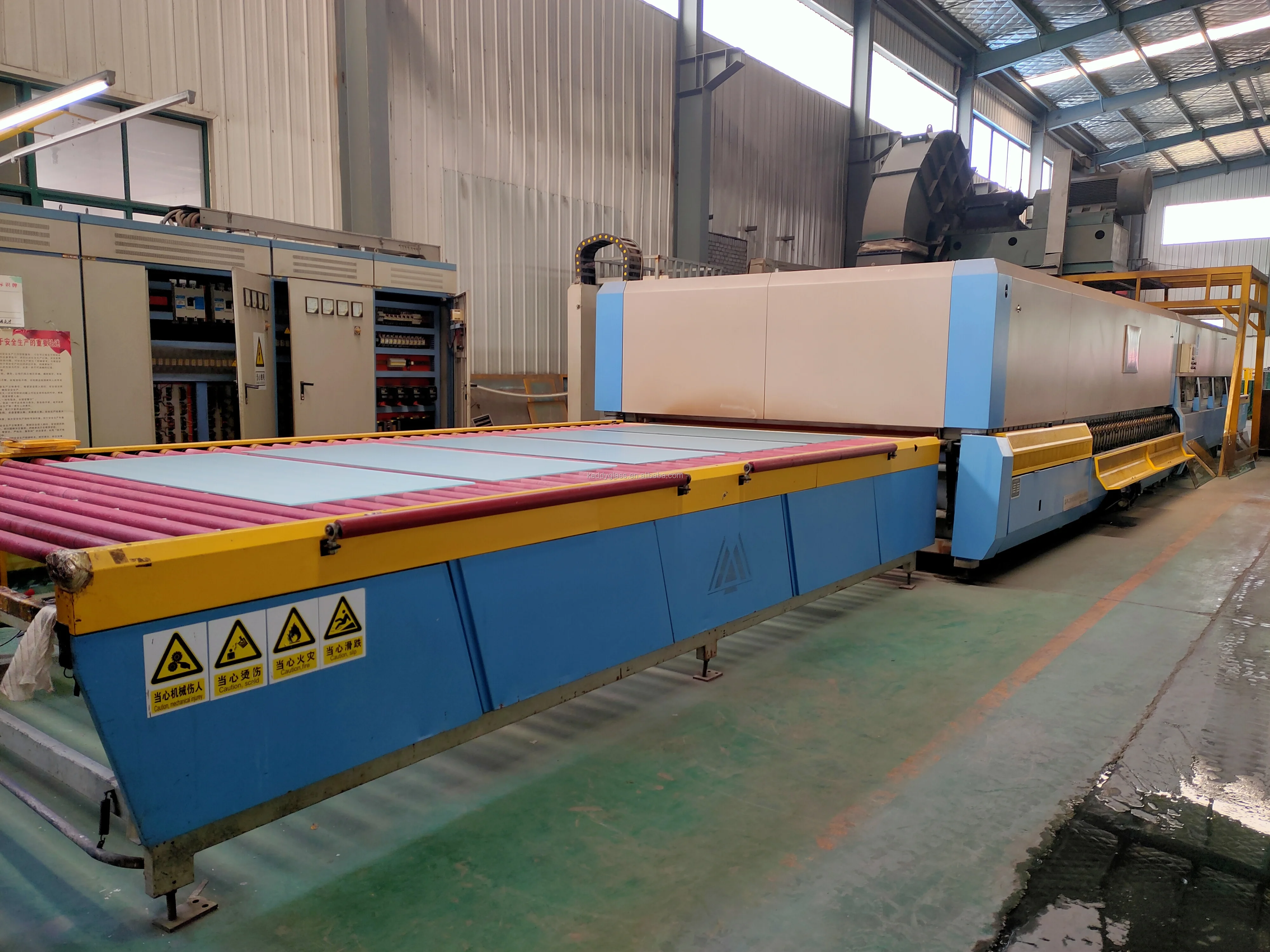
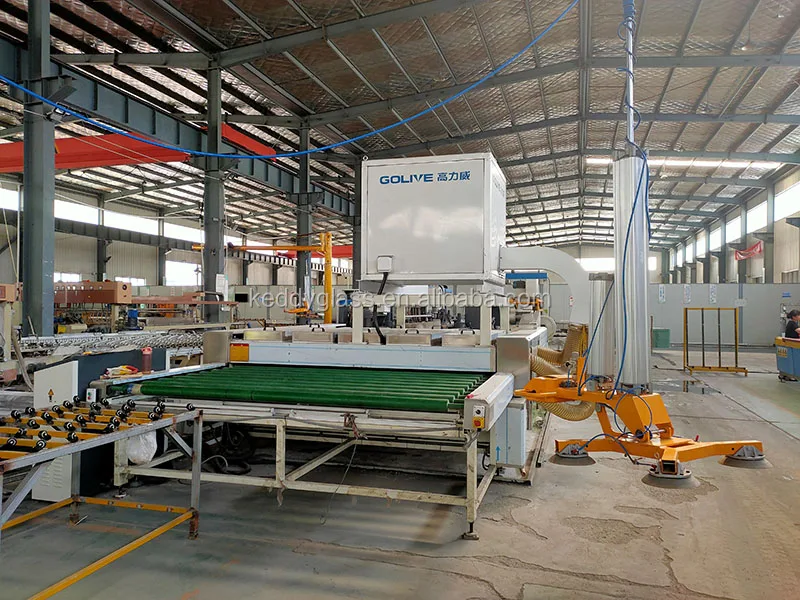
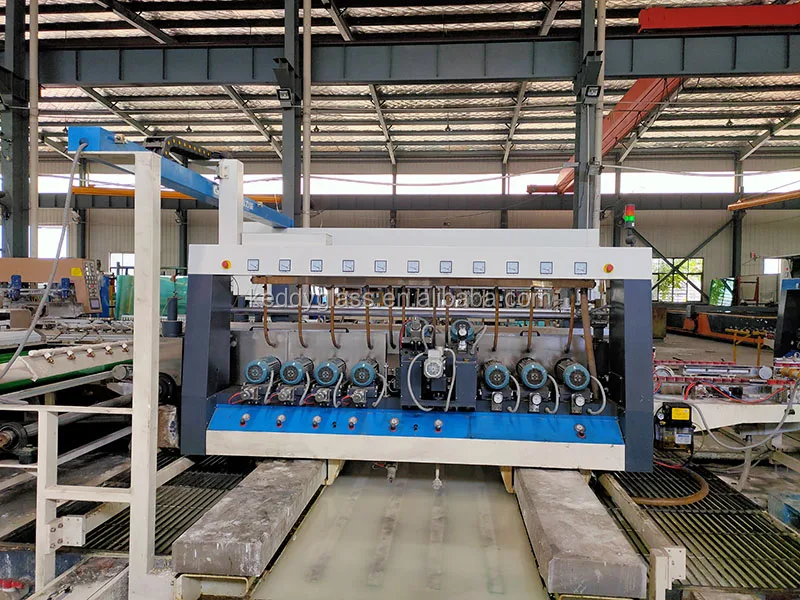
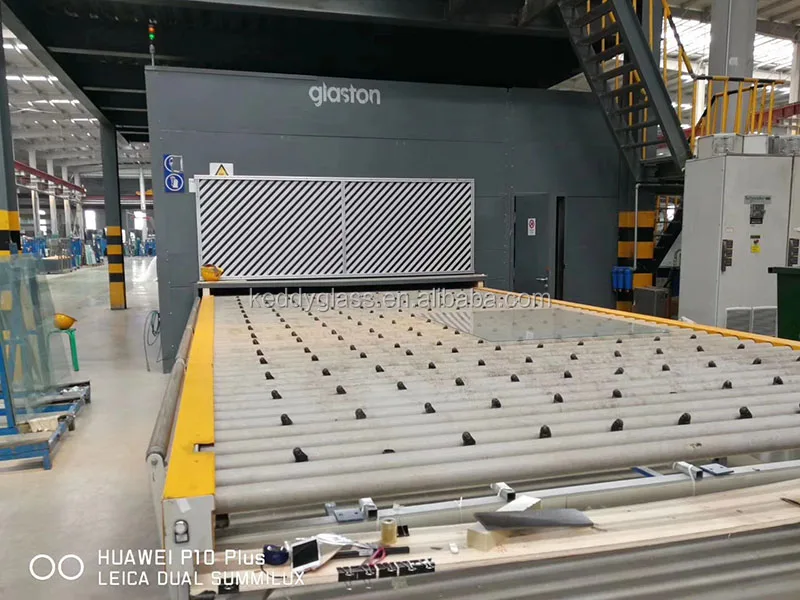
- 1.To ensure safe shipment, our glass will be taken good care of by this way.
2. Paper and Cork liner will be put between every two glass to prevent them hurt each other.
3. Glass will be put in suitable wooden crate with Corner Protectors.
4. Under wooden crate there will be legs for forklift easy loading and unloading.
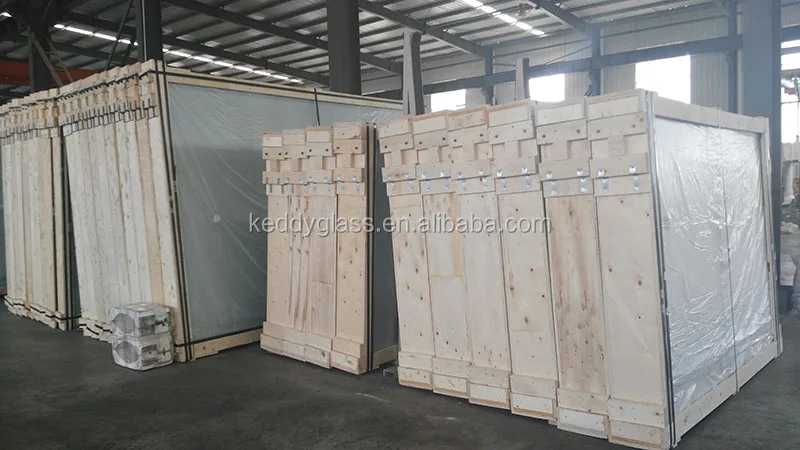
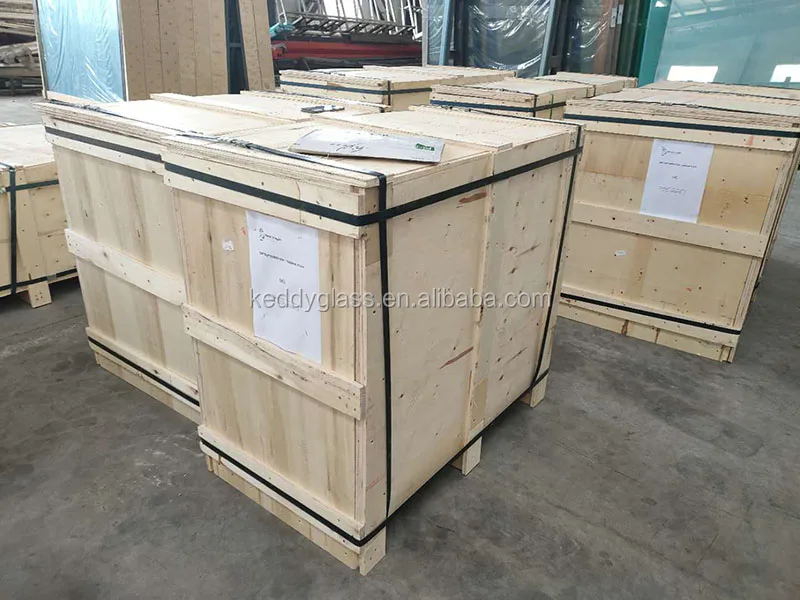
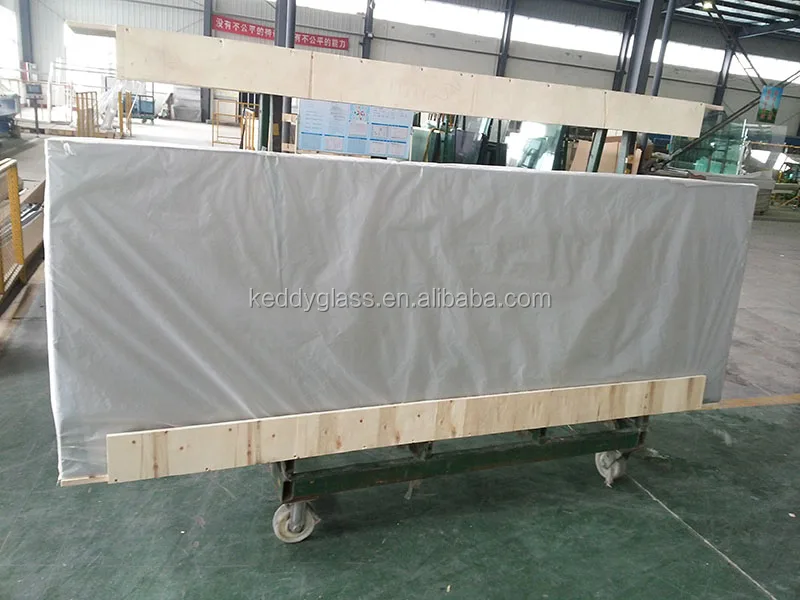
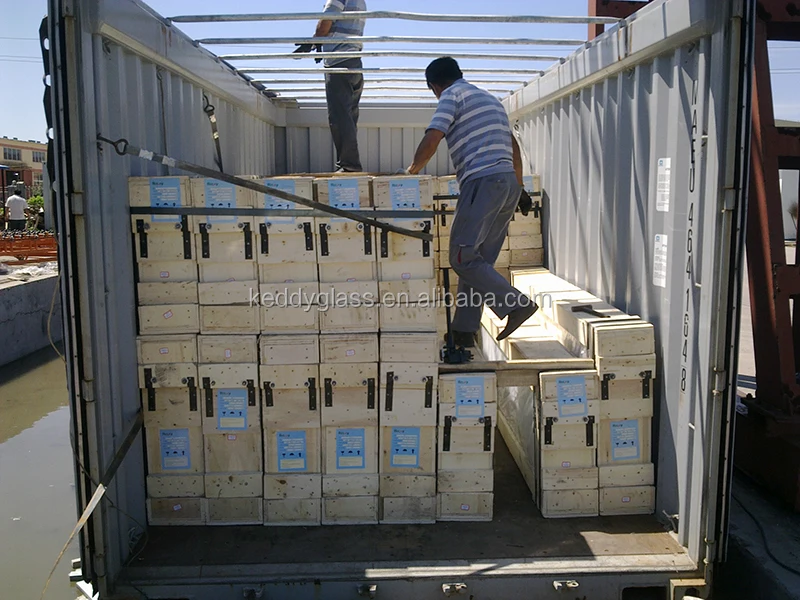


- 1.12 years experiences on toughened glass manufacturing and exporting.
2.We have strong technical support and production capacity.
3.Our factory close to the sea port, transportation is very convenience.,CAN DO DOOR TO DOOR
4.Professional sales team, offering personalized and dedicated services
5.Unique designed strong wooden cases and container fixed method can solve the problems of breakage.
6.Top quality toughened glass with CE, ISO9001,CCC,SGCC,ANSIZ97.1-2015,AS/NZS 2208 Certificate.
7.OEM is feasible, and welcome to visit our factory.
8.Favorable price and reasonable payment terms;
9.We can guarantee the delivery time.

GB15763.3,Chinese standard.
EN12543,European standard
EN12600,European standard.
ANSI Z97.1,American standard.
AS/NZS 2208,Australian standard.
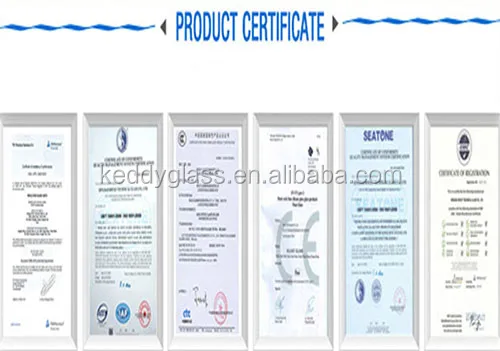
Q1: How to judge the quality of float glass?
A1: Flatness, transparency, colorless, impurities, bubbles, etc.
Q2: How to reduce the self-implosion?
A2: The high quality float method is used for hot dip treatment, edge treatment and proper stress intensity. Pay attention to avoid side collision of glass during installation.
Q3: Scope of use of toughened glass?
A3: Safety is not involved in some parts of the building, but it is necessary to install toughened glass to improve the compressive strength and explosion-proof capacity,not to endanger the person safety
Q4: When toughened glass is broken, is the grain smaller the better?
A4: No, the smaller the particle, the easier it is to explode.
Q5: Can toughened glass and semi-toughened glass be made into laminated glass?
A5: Can't. The national standard stipulates: the glass that stresses the difference cannot make laminated glass, because in use process, the pressure that two pieces of glass bears is different.
Q6: Whether the laminated glass can fire, can the sound insulation?
A6: No, the smaller the particle, the easier it is to explode.
Q7: How many uv low-e glass can reduce?
A7: It is not fireproof glass, but has certain fireproof ability, also can soundproof, laminated glass is inside whole sound wave frequency range, in control noise is very good.
Q8: Does the air in the insulating glass do not oxidize the membrane?
A8: No, because there is a molecular sieve in the insulating glass, and the molecular sieve always keeps the air dry, so the membrane is not oxidized.
Q9: How much ultraviolet radiation can low-e glass reduce?
A9: It can reduce uv by 14% compared to heat reflecting glass. That's a 25 percent reduction in uv radiation compared to white glass.
We have more categories for you. lf you can't find the products you want above,just fill in the form and tell us whatproducts you want to import from China.


















